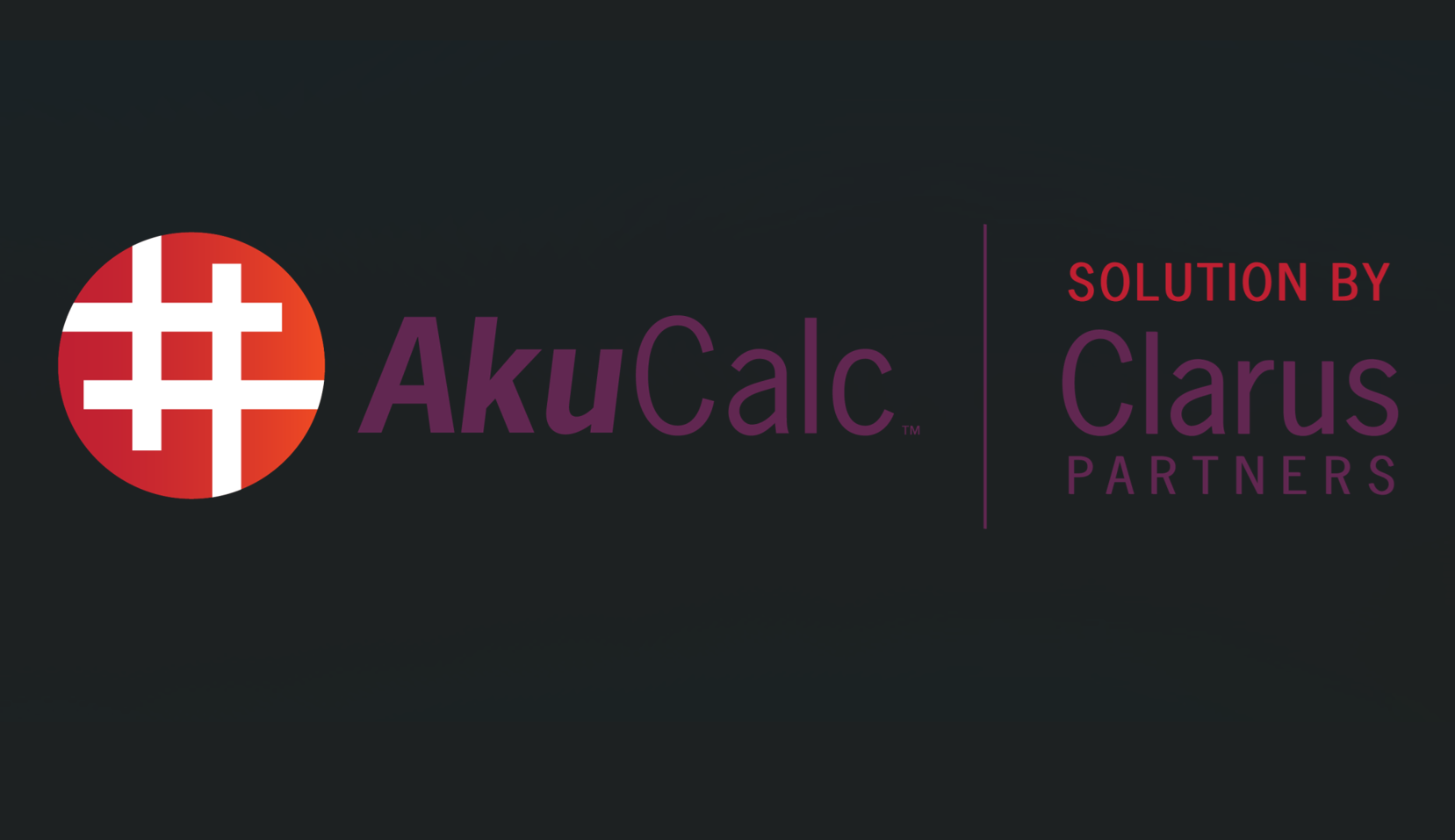A new report from Xero, the global small business platform, shows that 48% of U.S. small business owners have experienced an extreme or high impact from inflation on their cash flow over the past six months, and 44% expect inflation to continue to have a similar impact throughout the next six months.
Xero’s report, titled “Money Matters: The impact of economic conditions on the cash flow of US small businesses“, interviewed more than 500 small business owners across the United States on the challenges the macroeconomic climate presents for small businesses, particularly when it comes to cash flow management. It revealed that higher inflation and rising interest rates have resulted in tangible physical and emotional consequences for small business leaders, with 45% stating they have had to sacrifice their own paychecks and 43% noting they have lost potential business opportunities.
Together, higher inflation and rising interest rates have resulted in increased costs of raw materials, labor and energy, while reducing consumer purchasing power, which combined can pose cash flow challenges for small businesses. The current economic uncertainty underscores the vital importance of financial resilience and the central role of effective cash flow management to the success of a small business.
Key insights from the survey include:
- Short-term financial challenges. When asked about the top short-term financial challenges small businesses have faced over the last 12 months, limited or inconsistent cash flow (40%) and no cash reserved for unforeseen challenges (29%) came out on top.
- Financial consequences of cash flow issues. Cash flow issues also caused a number of consequences for small business owners, including not being able to pay themselves (45%) and pay bills (22%). 17% were unsure if they could keep the business going.
- Cash flow crunches impact personal wellbeing. In fact, 58% believe cash flow issues have negatively impacted their personal wellbeing over the past 12 months, with the top three impacts being stress (84%), anxiety (79%) and sleepless nights (64%). The emotional toll of meeting financial obligations, paying bills and keeping the business going is also spilling into their personal lives, with 42% missing out on time with family and friends, 33% having a worse diet and 31% doing less exercise.
Due to the rising challenges and pressures, managing cash flow in a small business is a very strong or strong priority for 85% of owners. As a result, small business leaders are pulling many levers and employing different strategies to improve their cash flow:
- Increasing prices and/or reducing overhead and marketing spend. Small business owners have deployed different strategies to stimulate revenue and cut costs over the last 12 months, including increasing prices (48%), reducing overheads (43%) and reducing marketing spend (34%). For those that increased prices, almost one-third (28%) have increased their prices as much as nine to 12%.
- Providing a variety of payment options for customers. To improve cash flow management, small businesses are utilizing several payment strategies, including providing customers with a variety of payment options to make processing faster; this includes credit cards (70%) and online payment gateways such as PayPal (62%).
- Leaning into digital solutions to track cash flow health. 70% of small business leaders use digital tools when reviewing their cash flow but there are still many tools not being fully utilized; in fact, 55% don’t use accounting software to track payments and 56% haven’t set up invoice payment services. When it comes to cash flow forecasting, only 11% utilize a tool to help with longer-term financial planning.
“Digital technology plays a crucial role in daily cash flow management by helping businesses monitor cash coming in and out, and it can provide a snapshot on how the business is performing,” said Ben Richmond, US Country Manager at Xero. “Additionally, we know that customers who accept digital payments on Xero online invoices get paid up to twice as fast as those who don’t use online invoice payments. Getting these types of digital technologies in place can make a big difference to a business’ survival in tough times.”
The full Money Matters report is available here.
Thanks for reading CPA Practice Advisor!
Subscribe Already registered? Log In
Need more information? Read the FAQs
Tags: Firm Management, Small Business




